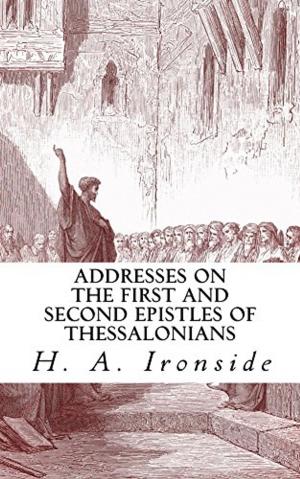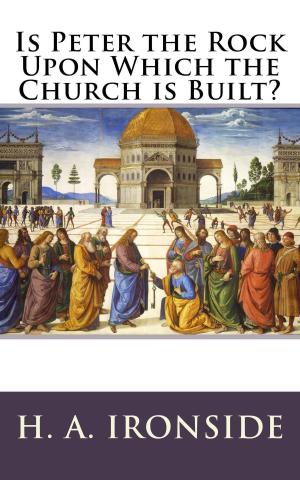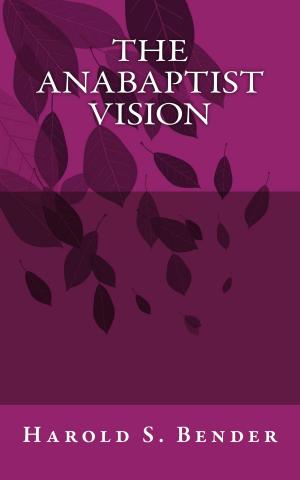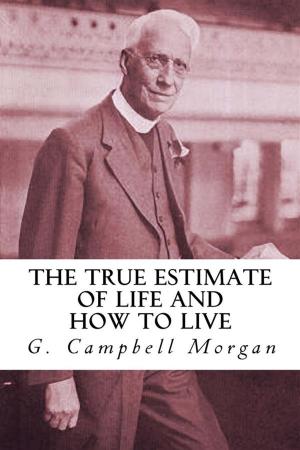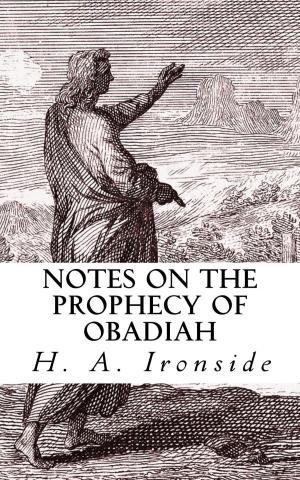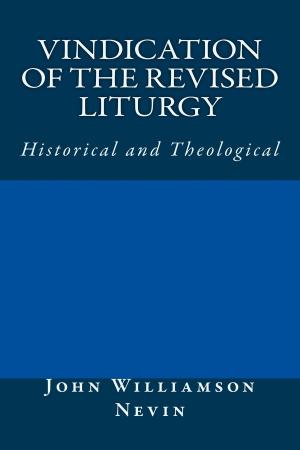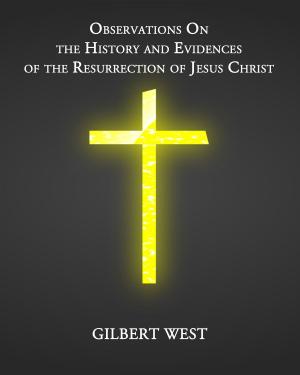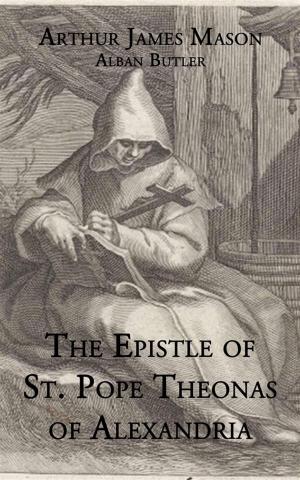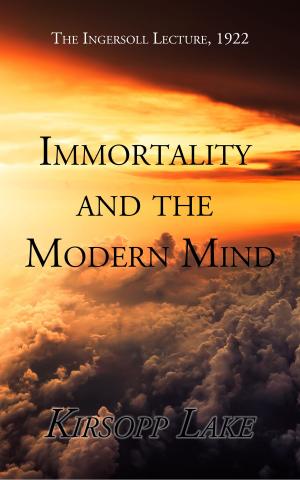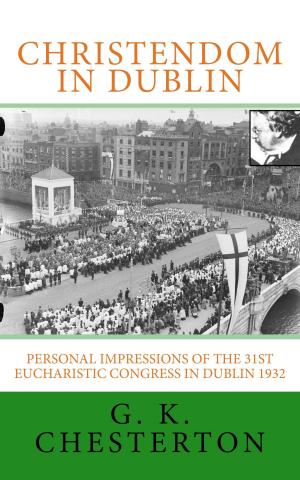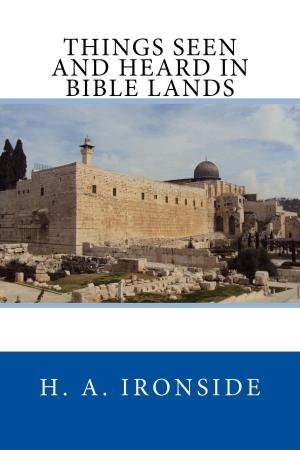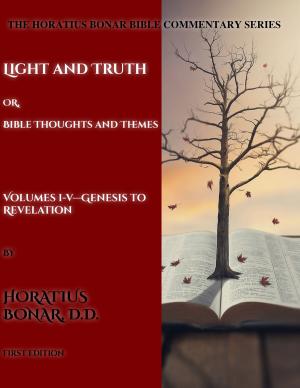The Virgin Birth of Our Lord
Nonfiction, Religion & Spirituality, Christianity, Christian Literature| Author: | Berkeley William Randolph | ISBN: | 1230001952315 |
| Publisher: | CrossReach Publications | Publication: | October 4, 2017 |
| Imprint: | Language: | English |
| Author: | Berkeley William Randolph |
| ISBN: | 1230001952315 |
| Publisher: | CrossReach Publications |
| Publication: | October 4, 2017 |
| Imprint: | |
| Language: | English |
THERE are two miracles confessed in every form of the Creed—the miracle of the Conception and Birth, by which the Incarnation was effected; and the miracle of the Resurrection. These are the fundamental miracles, and are the battle-ground upon which the defenders and assailants of Christianity more especially meet.
The discussion of this most sacred subject of the Virgin-Birth of our Lord has been forced upon us at the present time. It is impossible to ignore it or set it aside. We must be prepared, each of us, however much we may shrink from treading on such sacred ground, to give a reason for the hope that is in us with reverence and fear.
I will ask you here and now to consider the matter briefly under four heads. First, I will try to give the evidence for the belief in this article of the Creed during the second century; next, I will ask you to consider the evidence of St. Matthew and St. Luke; thirdly, we will consider the argument e silentio on the other side; and lastly, I will ask you to reflect on the theological aspect of the question.
THERE are two miracles confessed in every form of the Creed—the miracle of the Conception and Birth, by which the Incarnation was effected; and the miracle of the Resurrection. These are the fundamental miracles, and are the battle-ground upon which the defenders and assailants of Christianity more especially meet.
The discussion of this most sacred subject of the Virgin-Birth of our Lord has been forced upon us at the present time. It is impossible to ignore it or set it aside. We must be prepared, each of us, however much we may shrink from treading on such sacred ground, to give a reason for the hope that is in us with reverence and fear.
I will ask you here and now to consider the matter briefly under four heads. First, I will try to give the evidence for the belief in this article of the Creed during the second century; next, I will ask you to consider the evidence of St. Matthew and St. Luke; thirdly, we will consider the argument e silentio on the other side; and lastly, I will ask you to reflect on the theological aspect of the question.


